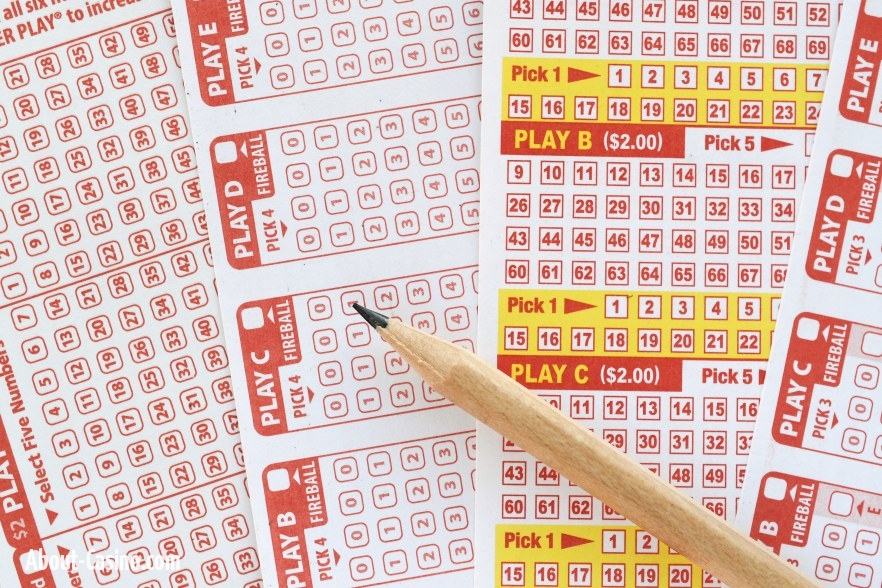Gambling has been a popular form of entertainment and a way to win money for centuries. Whether it’s playing cards, betting on sports events, or rolling the dice, the thrill of the unknown outcome and the possibility of a big payout has attracted millions of people worldwide. But how do casinos and bookmakers determine the odds of winning and calculate the payouts? What is the science behind odds-making and probability in gambling? In this article, we’ll explore the answers to these questions and dive deep into the mathematics and statistics behind gambling.
The Basics of Probability
To understand the science of odds-making in gambling, we need to start with the basics of probability. Probability is a branch of mathematics that deals with the likelihood of an event occurring. It’s measured on a scale from 0 to 1, where 0 means an event is impossible, and 1 means it’s certain.
For example, if we flip a fair coin, there are two possible outcomes: heads or tails. The probability of getting heads is 0.5, and the probability of getting tails is also 0.5. These probabilities can be expressed as fractions, percentages, or decimals.
Probabilities can also be used to calculate the odds of winning or losing in a game of chance. Odds are the ratio of the probability of winning to the probability of losing. For example, if the probability of winning a game is 1/3, then the odds of winning are 1 to 2 (or 1:2). This means that for every 3 times you play the game, you can expect to win once and lose twice.
The Role of Statistics in Gambling
Probability theory is the foundation of statistics, and statistics plays a crucial role in gambling. Casinos and bookmakers use statistical models and analysis to determine the odds of winning and calculate the payouts. They collect data on the outcomes of past games and events to predict the likelihood of future outcomes.
For example, in sports betting, bookmakers use statistical models to calculate the odds of each team winning a game. They consider factors such as the teams’ past performances, current form, and any injuries or suspensions to key players. Based on this information, they assign odds to each team, which determine the payouts if a bettor wins.
In casino games such as blackjack and roulette, the odds are determined by the rules of the game and the probabilities of each outcome. For example, in roulette, the probability of the ball landing on a specific number is 1/37 (or 2.7%), which means the odds of winning on that number are 1 to 36.
The Importance of House Edge
In gambling, the house always has an edge. This means that the odds are always in favor of the casino or bookmaker, not the player. The house edge is the mathematical advantage that the casino or bookmaker has over the player. It’s expressed as a percentage, and it varies depending on the game and the rules.
For example, in roulette, the house edge is 2.7%. This means that for every $100 bet, the casino can expect to make $2.70 in profit in the long run. In sports betting, the house edge is usually around 10%. This means that for every $100 bet, the bookmaker can expect to make $10 in profit in the long run.
The house edge is important because it determines the payouts and the overall profitability of the casino or bookmaker. If the house edge is too low, the casino or bookmaker may not make enough profit to stay in business. If it’s too high, bettors may be discouraged from playing, and the casino or bookmaker may lose customers.
The Role of Psychology in Gambling
While statistics and probability play a significant role in gambling, psychology also plays a crucial role. Gamblers often make irrational decisions based on emotions and intuition rather than logic and reason. They may overestimate their chances of winning or chase losses, which can lead to problem gambling.
Casinos and bookmakers use a variety of tactics to take advantage of these psychological biases and encourage people to gamble more. For example, they use bright lights, loud music, and other sensory stimuli to create a stimulating environment that keeps people playing. They also offer free drinks, food, and other perks to make people feel comfortable and relaxed.
Additionally, they use marketing and advertising to create the perception that gambling is a fun and exciting activity that can lead to big rewards. They often feature celebrities and other high-profile individuals in their ads to make gambling seem glamorous and desirable.
Conclusion
In conclusion, the science of odds-making and probability in gambling is a complex and multifaceted field that involves mathematics, statistics, and psychology. Casinos and bookmakers use statistical models and analysis to determine the odds of winning and calculate the payouts, while also taking advantage of psychological biases to encourage people to gamble more.
While gambling can be a fun and exciting activity, it’s important to remember that the odds are always in favor of the house, and that problem gambling can have serious consequences. It’s essential to gamble responsibly and to seek help if you or someone you know is struggling with gambling addiction.
